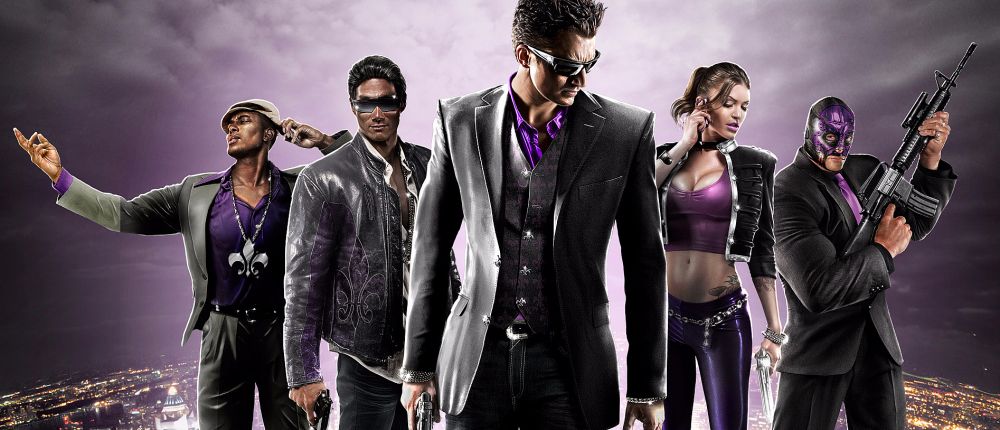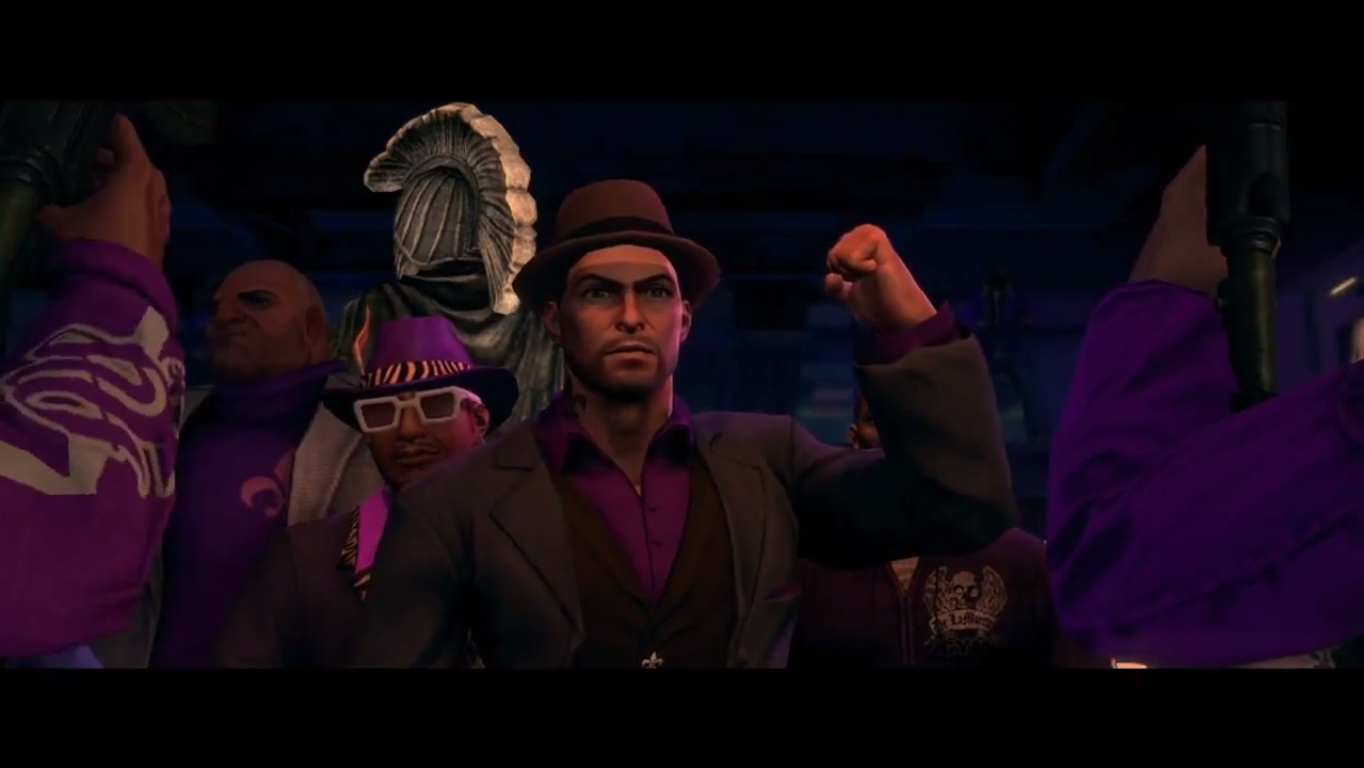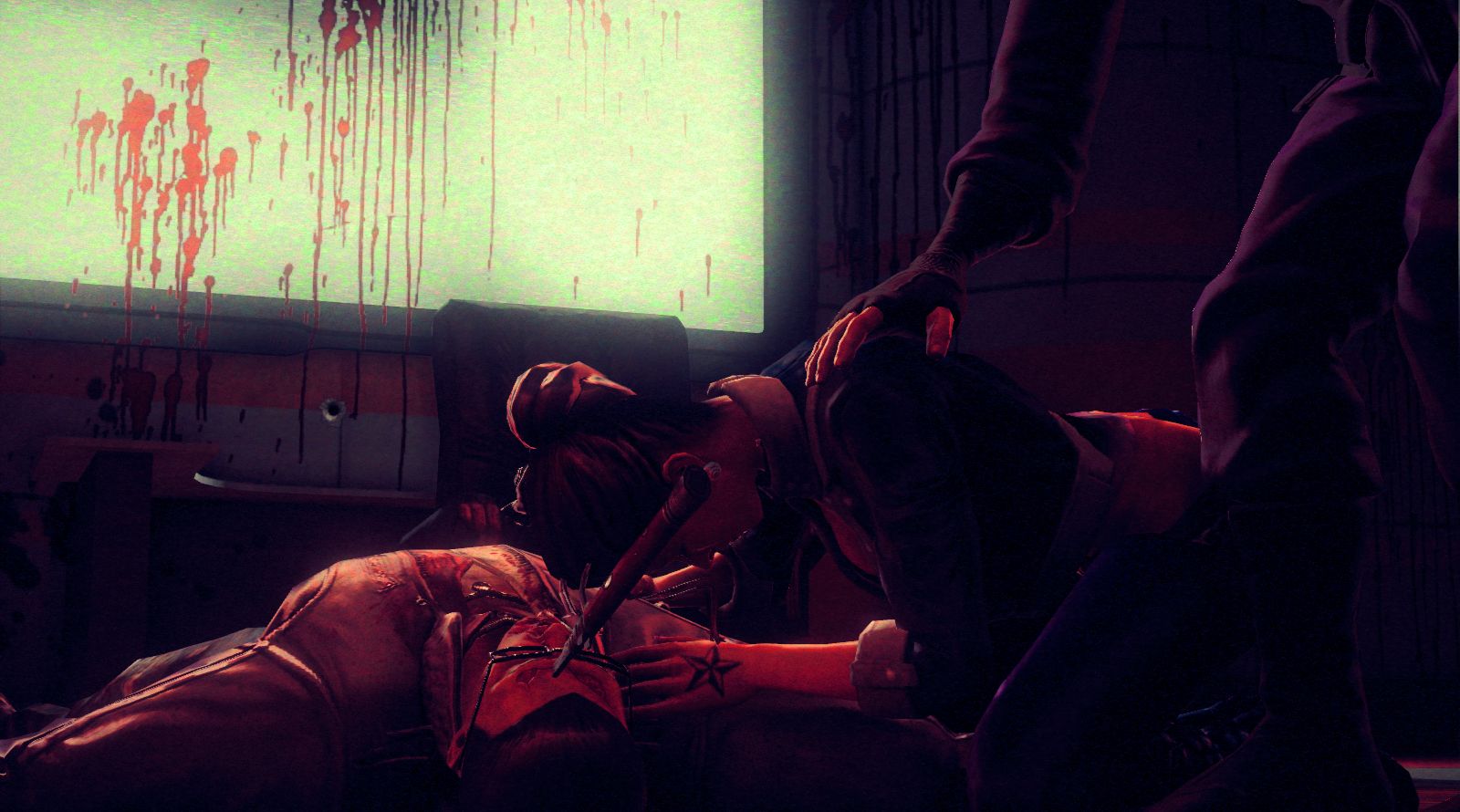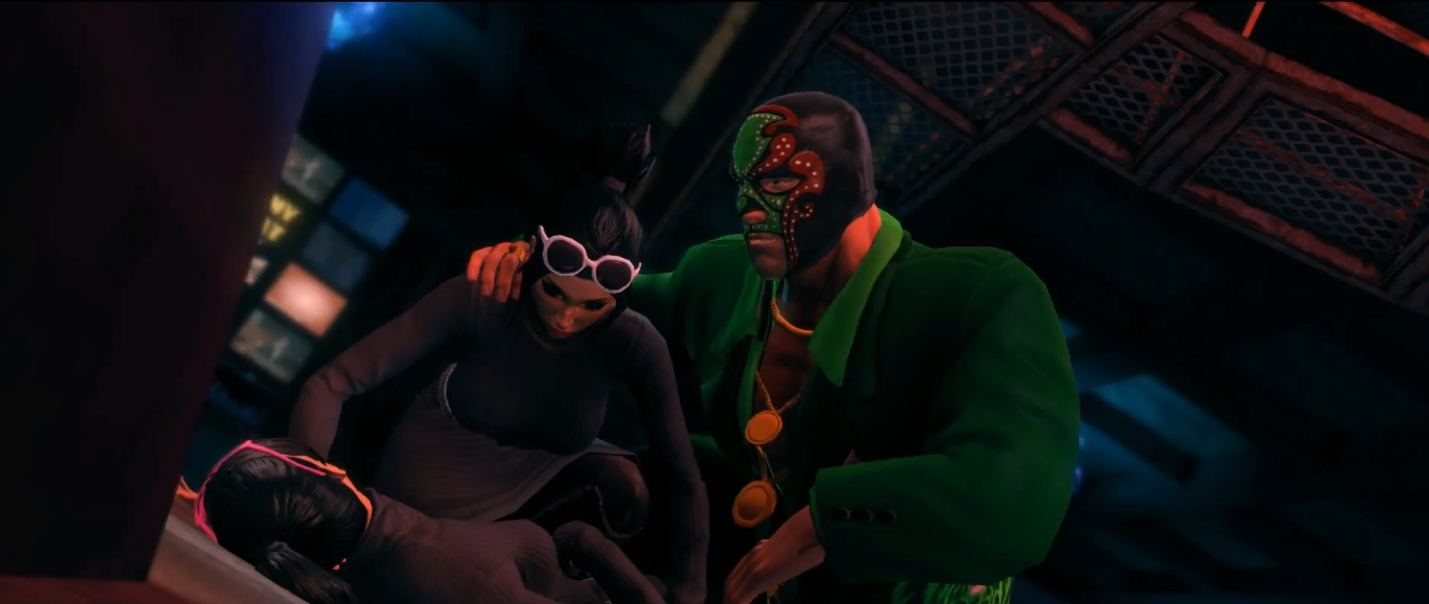The Saint’s Row series started its life as a crime-based game in the same vein as the Grand Theft Auto series. The first game and its follow-up were tough, rugged, and rife with dark moments, which is why it took players completely by surprise when newer games in the series didn’t seem to follow that theme anymore. Saint’s Row went from a more serious game to a more campy, irreverent game in a matter of years.
Though Saints Row: The Third and its sequel Saints Row: IV have incredibly wacky moments — whether it’s the ridiculous collection of guns, zombies, or alien invasions — the games actually have a softer and more emotional side to them as well, which may be missed by many due to the tonal shift from the first two entries.
There is no denying that Saints Row: The Third is markedly different from its predecessor, but that doesn’t mean it’s less serious. Behind all the zany weapons and the off-color jokes, it shows the humanity of the Saints and their bond with each other, as well as some incredibly hard-hitting emotional moments.
Saints Row: The Third starts out with a bank robbery gone wrong and the Saints getting locked behind bars. They soon meet with the leader of the criminal organization The Syndicate, Phillipe Loren, who gets them out of prison to cut them a deal, but the meeting goes off the rails when Johnny Gat gets loose from his binds and attacks Phillipe, leading to an exciting escape and a devastating loss for the Saints.
The themes throughout the third game are loss, revenge, and grieving, all the while trying to find yourself in a new place. The Saints struggle to bring up their gang numbers in a new city while also wondering if their commercialization isn’t their own undoing. Where do they belong?
The game’s story solidifies the relationship of the Protagonist with the gang members and shows them as more of a family than simply another gang, with sweet moments such as singing with Pierce in the car or protecting Kinzie from getting shot at by a rival gang. These simple things show that the Saints are not just brutal thugs, but humans who are trying to move on in a new city while grieving the loss of their former friend.
These themes are even more present in the fourth game of the series, Saints Row IV. When the Saints find themselves kidnapped from Earth during the invasion of the Zin Empire, they’re separated and placed in simulated prisons. They must fight against the invasion and save each other. There are missions throughout the game where you must rescue your homies, and each individual simulated prison is a reflection of the character’s deepest fears and insecurities. From Shaundi’s survivor’s guilt to Pierce’s fear of success, as well as the Protagonist and how everyone views them versus how they view themselves.
The Saints have always previously been in control of each situation they were placed in, or they found a way to get control. The fourth game shows what happens when everything is taken away from them, even their own home planet. There are some incredibly deep and moving moments in the fourth game, such as Johnny Gat and Shaundi’s conversation about how hard it was for her to deal with his death, and the fear that she might lose him again, as well as Shaundi and the Protagonist being forced to deal with who they were and who they had grown to be, and learning to come to terms with their past. Both games deal heavily with the idea of change and what it means to go forward after a devastating loss; how do you heal from that, and how can you keep going?
Much of the reception for the third and fourth installments was divisive, with many believing the games changed too much and weren’t as great as their predecessors. Ultimately, Saints Row has struggled to find its place in a world of violent first-person shooters, crime-based role-playing games, and Grand Theft Auto.
Did the series change direction? Possibly, but I think that’s the point. The Saints grew up, and the series had to grow with them.










Published: May 22, 2018 03:52 pm